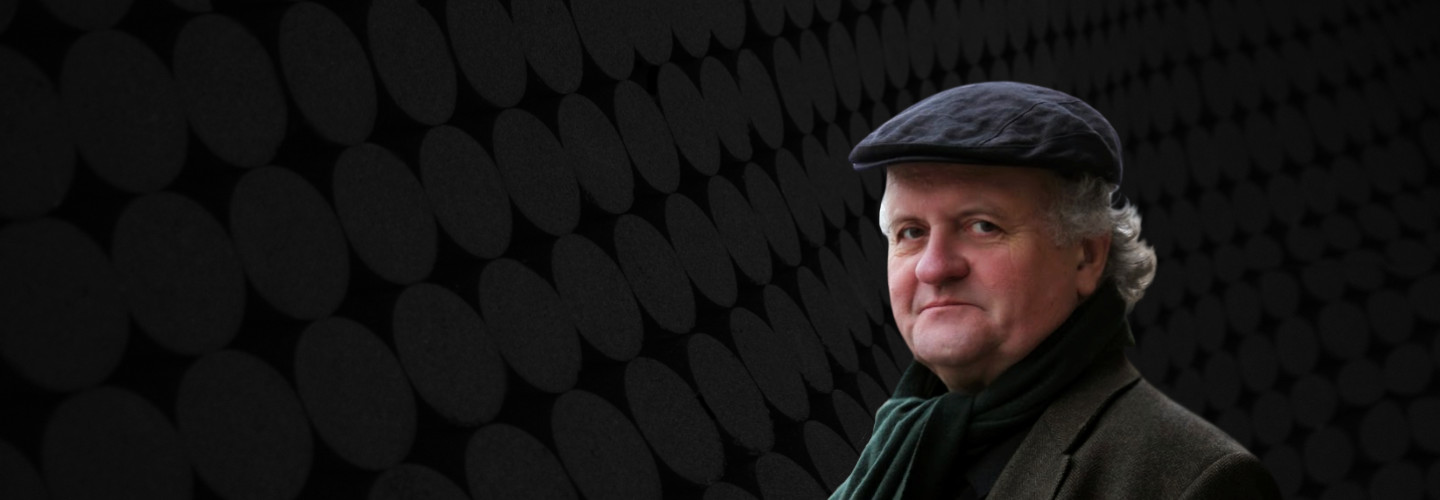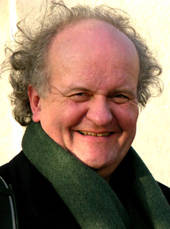

Wolfgang Rihm
DEUS PASSUS
Short instrumentation: 2 4 0 2 - 0 0 4 0 - perc(2), hp, org, str(6 6 6 4 2)
Duration: 100'
Choir: SATB
Solos:
soprano, mezzo-soprano, alto, tenor, baritone
Instrumentation details:
1st flute (+alto fl)
2nd flute (+alto fl)
1st oboe
2nd oboe
cor anglais
baritone oboe
bassoon
contrabassoon
1st trombone
2nd trombone
3rd trombone
4th trombone
1st percussion
2nd percussion
harp
organ
violin I (6)
violin II (6)
viola (6)
violoncello (4)
contrabass (2)
Rihm - DEUS PASSUS for soli, mixed choir and orchestra
Printed/Digital
Translation, reprints and more

Wolfgang Rihm
Rihm: DEUS PASSUSOrchestration: für Soli, gemischten Chor und Orchester
Type: Klavierauszug

Wolfgang Rihm
Rihm: DEUS PASSUSOrchestration: für Soli, gemischten Chor und Orchester
Type: Partitur

Wolfgang Rihm
Rihm: DEUS PASSUSOrchestration: for soli, mixed choir (SATB) and orchestra
Type: Studienpartitur
Language: Deutsch | Lateinisch
Sample pages
Audio preview
Work introduction
Wolfgang Rihm's work "Deus Passus: Passions-Stücke nach Lukas" was created as part of the Passion 2000 project on the occasion of the 250th anniversary of Johann Sebastian Bach's birth. In addition to Wolfgang Rihm, the International Bach Academy Stuttgart invited three other renowned composers from different cultural backgrounds - Sofia Gubaidulina (Russia), Tan Dun (China / USA) and Osvaldo Golijov (Argentina) - to understand Bach's Passion settings as an impulse and to set the tales of suffering according to the four evangelists to music in their own sound language.
It was Rihm's personal concern in Deus Passus not to dress the Passion account of the Evangelist Luke in music without reflection, but to deliberately position question marks at many points:
"It is not a faith that comes along on lead feet, it all arises from questions. They are only questions, and that is why I only touch the words very gently with my finger, with the music. It's all very vibrating and endangered. Of course one can do it differently, it has often been done differently, but I can't." (Wolfgang Rihm quoted after Riehl, 2009, p. 31)
The premiere took place on 29 August 2000 in the Liederhalle in Stuttgart. Under the direction of Helmut Rilling, Juliane Banse, iris Vermillion, Cornelia Kallisch, Christoph Prégardien as well as Andreas Schmid, the Bach-Collegium and the Gächinger Kantorei took part.
